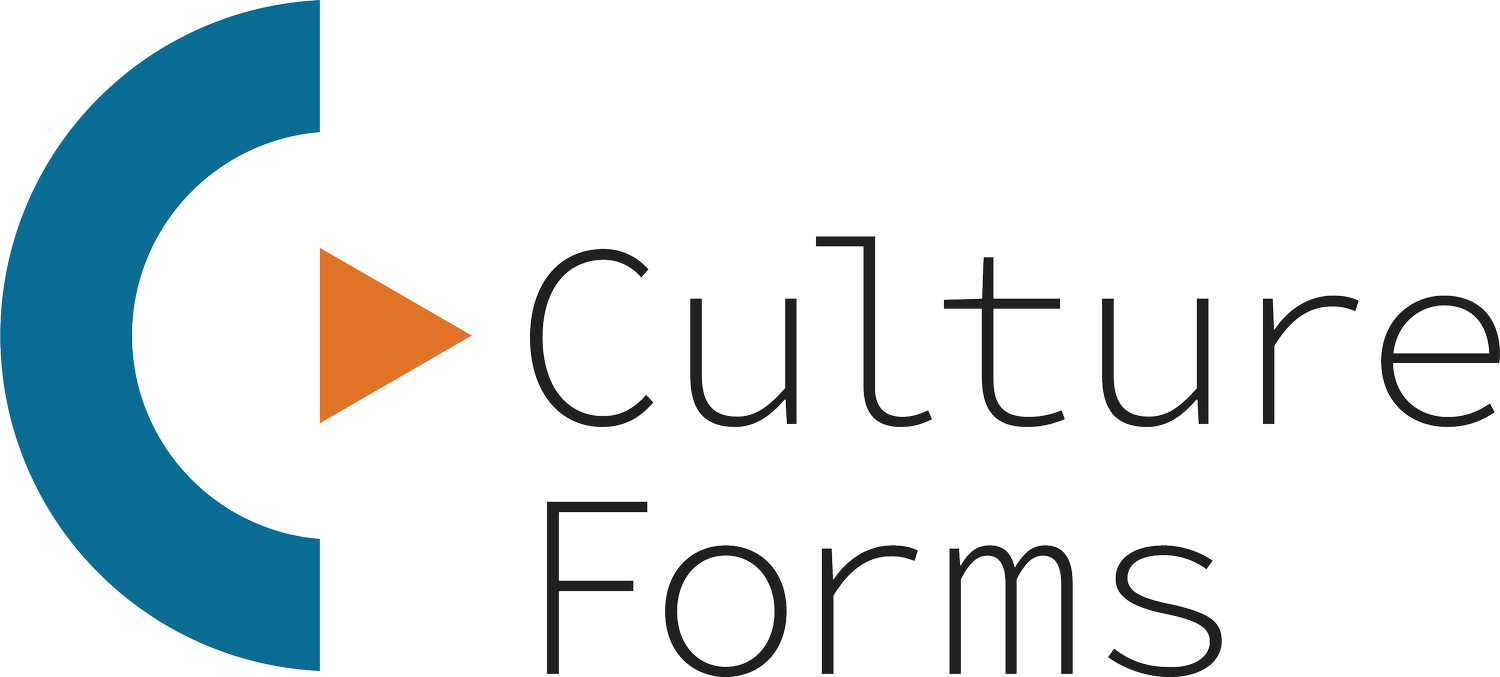On Building Trust, Or the Nature of Squishy Work (Syllables of Work)
When I work with clients, I begin with questions; not static questions from a static list, but a flexible supply of questions developed over years and rooted in a natural curiosity and a desire to help. Relatedly, over the course of my career, I’ve developed a penchant for noticing patterns and I’ve built a willingness to make mistakes.
Being curious depends on these skills. Asking good questions depends on being curious. Before getting into the kinds of questions, a brief but important aside on mistakes and learning: “sink or swim” cultures, to which so many of our organizations belong, tend to exclude room for mistakes, even though mistakes are key for creating true learning cultures and engendering trust. (Furthermore, we need trust in place in order to try something new, and trying something new sometimes coincides with making a mistake. The cycle is difficult to interrupt.)
Okay, so what kinds of questions? Some examples:
What would a new person coming into the organization need or want to know that might not be obvious when they join?
Who do the organization’s leaders consider to be the “trust centers”? For instance, which people—no matter their roles—do other people go to for counsel? And who is most likely to organize a field trip for ice cream on the first warm day of the year?
Do leadership and staff see the same people as “trust centers”? If not, where’s the gap?
How does the organization and its individuals handle change?
What social tendencies, rituals, and habits already exist that create and maintain community? Or, what’s worked in the past?
Through this process of listening and inquiry, I begin by trying to establish trust with whomever brought me in. This work depends on collaboration, and to collaborate well I need to understand an organization’s population, practices, and histories; each client and partnership will be different though common themes often reflect society at large.
Soon after this initial step, and before things feel too fixed (improvisation is key), we begin some sessions together. These might include “getting to know you” exercises, a class about creativity, discussions about values, or conversations about the way a community handles time. The what is less important than the how; and the how will always include intention, collaboration, and, if we’re doing it right, even wonder.
I’ve seen trust grow after only a few sessions, even where there had been very little, or in cases where it had been broken. Sometimes it can take a few months of repeated attempts and different tries. As a facilitator, I’ve learned not to be embarrassed or discouraged by awkward silences. I’ve learned to back up the vehicle to the fork and try a different road. Here’s a reflection from a recent community building engagement:
We are a difficult group because we are introverted, and, frankly, many of us, including myself, are ornery by nature. In our initial sessions we were kind of hitting a wall, attendance was only so-so, and people were not sharing that much. I was not particularly hopeful. Amanda kept plugging through, and trying different angles to get us to open up, and recently we had a really moving breakthrough session where people shared in a very personal and meaningful way. I have seen that openness carry through to our recent retreat. I think she's done a lot of good for our office dynamic! —Greg M.
After a period of time, people will feel a shift. Perhaps it’s a greater ease among teammates, increased kindness, or candor from people who may not have been comfortable speaking up before. Even minor adjustments like these can lead to increased trust, empathy, camaraderie, and awareness; and these are the building blocks for all the other important work you and your team have to do.
In this work, there is no one-size-fits-all. But by hearing and understanding a group’s values and needs, and through intentional inquiry about how actions align, I guarantee an organization can build the frames to help teams, departments, or the whole organization feel more rooted in community.

